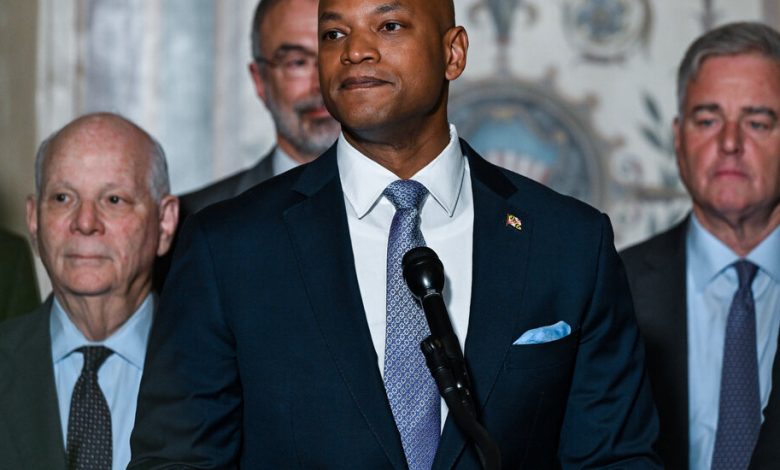Maryland Governor Erases 175,000 Marijuana Convictions

Gov. Wes Moore of Maryland signed an executive order on Monday morning wiping out more than 175,000 convictions related to marijuana use.
His administration said the mass pardon would probably affect about 100,000 people convicted of low-level charges like possession. Some of them have multiple convictions.
“This is a responsibility that I take very, very seriously,” Mr. Moore said at a news conference, adding that he was acting “with deep pride and soberness.”
The move comes two days before Juneteenth, an annual commemoration of the end of slavery in the United States after the Civil War that has been celebrated by Black people since the late 1800s. President Biden signed a bill in 2021 making June 19 a federal holiday.
“Today is about equity; it is about racial justice,” Anthony Brown, Maryland’s attorney general, said on Monday. “While the order applies to all who meet its criteria, the impact is a triumphant victory for African Americans and other Marylanders of color who were disproportionately arrested, convicted and sentenced for actions yesterday that are lawful today.”
Maryland legalized the use of recreational marijuana by a constitutional amendment approved by voters in 2022, and decriminalized the possessions of small amounts meant for person use. Twenty-four states and the District of Columbia have legalized recreational cannabis, according to The Associated Press.
Maryland joins the Biden administration, nine other states and many cities where officials have taken action to pardon people convicted of low-level marijuana offenses, according to a report from the National Organization for the Reform of Marijuana Laws.
Mr. Moore said his executive orderpardons cannabis possession convictions as well as convictions on charges related to possession of cannabis-related paraphernalia.
The mass pardon does not remove the convictions entirely from people’s criminal records. Under Maryland’s program, people whose convictions are pardoned can apply to a state court for expungement of their records. Those cases are decided individually by judges, and are not automatic, an administration official told reporters in a background briefing.
Halina Bennet contributed reporting.